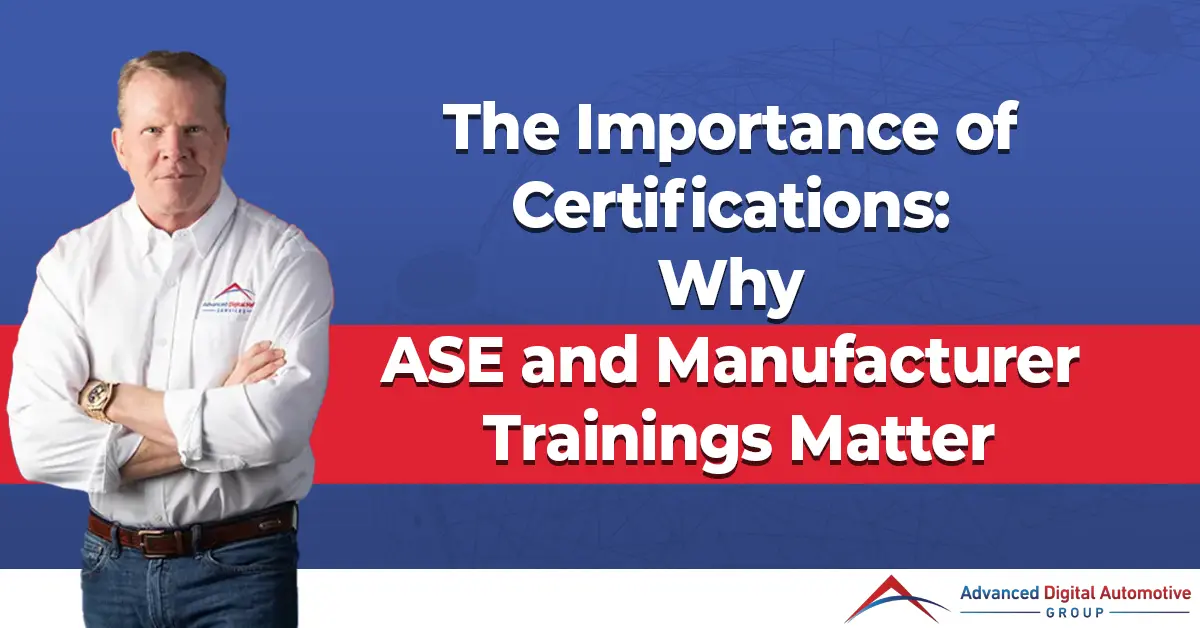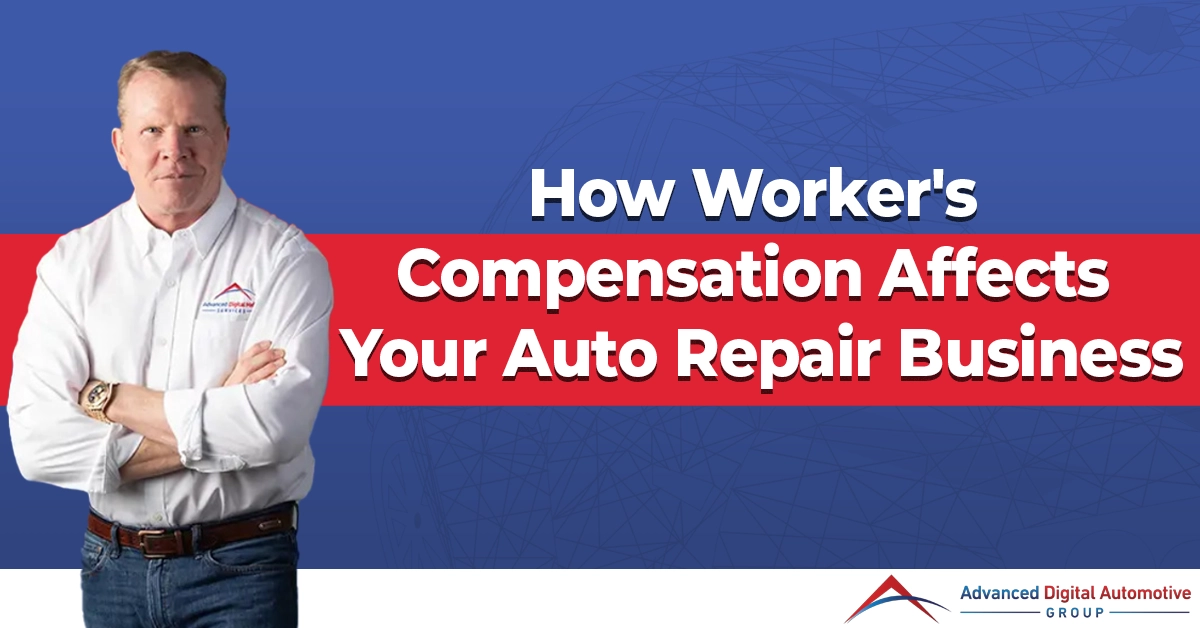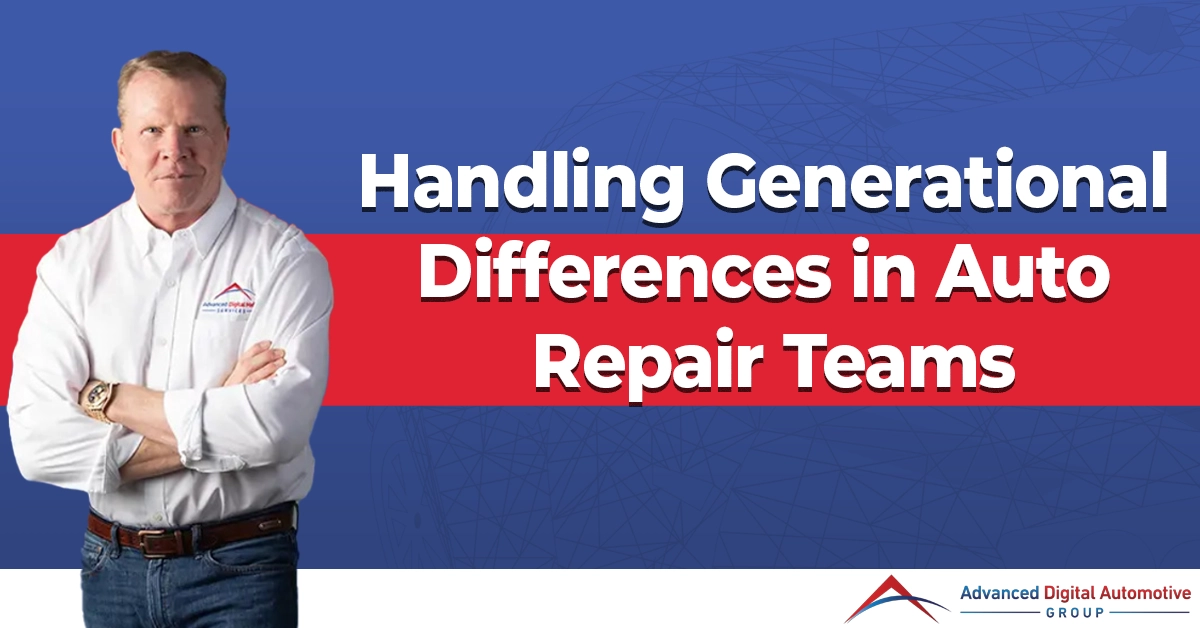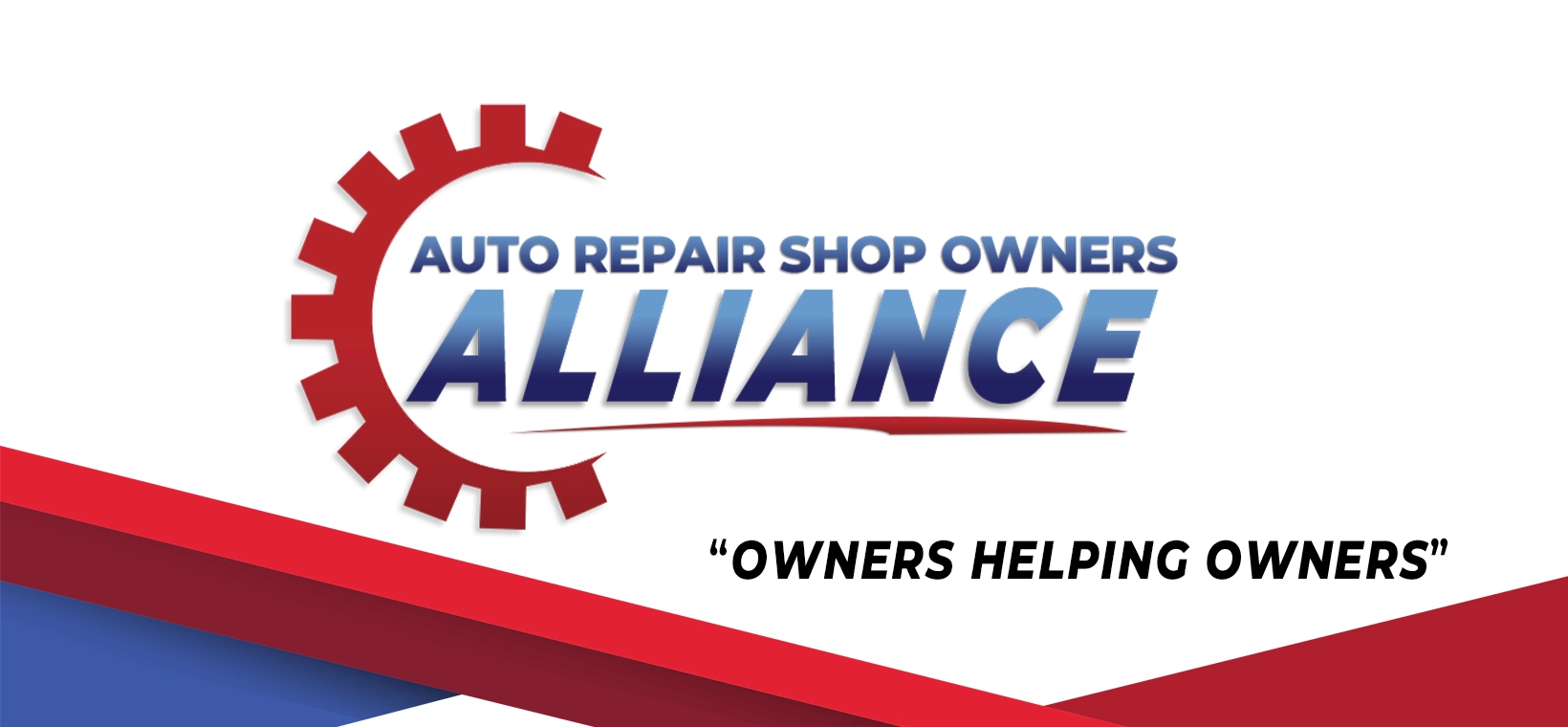Certifications like ASE and manufacturer training are essential for your success in the automotive industry. They not only validate your expertise but also show your commitment to ongoing education. Employers prefer certified technicians, enhancing your job prospects and potential earnings. These credentials boost your credibility with customers, fostering trust and loyalty. Additionally, they open doors to specialized roles and advanced opportunities. Whether you’re aiming for a position in brakes or electric vehicle technology, having relevant certifications sets you apart. Explore how various certifications can elevate your career and the specific paths available to you.

Key Takeaways
- ASE certification demonstrates verified skills and expertise, making technicians more attractive to employers and customers in the competitive automotive market.
- Manufacturer training provides specialized knowledge on specific models and technologies, enhancing a technician’s ability to service modern vehicles effectively.
- Continuous education through certifications ensures technicians stay current with evolving technologies and industry standards, fostering career growth and advancement.
- Certifications build customer trust, leading to increased loyalty, referrals, and ultimately, business success in the automotive industry.
- Both ASE and manufacturer training validate a technician’s commitment to quality, professionalism, and ongoing skill development, elevating industry standards.
What ASE Certification Is and Why It Is Important
ASE certification, or Automotive Service Excellence certification, is an essential credential for automotive technicians, signaling their expertise and commitment to high standards in the industry. You might wonder why ASE certification is important. It sets you apart from your peers, providing you with a competitive edge. Employers and customers alike recognize the importance of professional certifications; they demonstrate that you possess the knowledge and skills necessary to perform your job effectively.
The benefits of certifications extend beyond personal achievement. With ASE certifications, you can enhance your credibility, making it easier to attract customers and secure employment. Many employers prefer hiring certified technicians as it assures them that you meet industry standards. In a market that’s increasingly competitive, this can be a significant advantage.
Moreover, having ASE certifications can lead to higher earnings potential. Technicians with certifications often command higher salaries compared to their non-certified counterparts. By investing in your professional development through ASE certification, you’re not just enhancing your resume; you’re also improving your career prospects and ensuring long-term success in the automotive industry.
What Is ASE Certification?
Achieving ASE certification is a critical step for automotive technicians looking to validate their skills and knowledge in the industry. ASE, or the National Institute for Automotive Service Excellence, offers a variety of certification tests that cover different areas of automotive repair and service. By passing these assessments, you demonstrate your expertise and commitment to maintaining high industry standards.
So, why is certification important? It shows potential employers and customers that you possess the necessary skills and knowledge to perform complex automotive tasks. The importance of certificate courses extends beyond just credentials; they help you stay current with evolving technology and repair techniques.
The benefits of certification are substantial. Technicians with ASE certification often enjoy increased job opportunities, higher earning potential, and greater job security. Additionally, your certified status can enhance customer trust, as clients are more likely to choose a technician who has validated their skills through recognized certification. Overall, ASE certification is not just a piece of paper; it’s a valuable asset that can propel your career forward in the competitive automotive industry.
Why Is ASE Certification Important?
Certification plays an essential role in the automotive industry, serving as a benchmark for skill and knowledge. As you consider your career or business in automotive repair, understanding why ASE certification is important can greatly impact your success and credibility.
- Demonstrates Expertise: ASE certification showcases your commitment to ASE education and continuous improvement in your field.
- Increases Employability: Employers often prefer certified technicians, knowing they have verified training and skills.
- Enhances Customer Trust: Certification builds customer confidence in your abilities, leading to increased customer loyalty and referrals.
- Opens Career Opportunities: With certification, you can access specialized roles and higher-paying positions in the industry.
The importance of certification can’t be overstated, especially in training manufacturing employees and ensuring they meet industry standards. It not only validates your skills but also positions you as a leader in automotive service. By investing in ASE certification, you’re not just enhancing your qualifications; you’re also elevating the entire industry by committing to excellence and professionalism.
How Do You Earn an ASE Certification?
Earning an ASE certification involves a structured process that verifies your automotive expertise and enhances your credentials. First, you need to choose the specific certification you want, whether it’s for brakes, electrical systems, or another area. Next, you’ll have to gain practical experience in the field—typically at least two years is required.
After you’ve met the experience requirements, you can register for the exam. The tests are thorough and designed to assess your knowledge and skills. You can find study materials and practice tests to help you prepare.
Once you pass the exam, you’ll receive your ASE certification, which shows employers that you meet industry standards. But remember, the importance of lifelong learning doesn’t stop here. ASE certifications need to be renewed every five years, ensuring you stay updated with the latest technologies and practices.
What Are the Types of ASE Certification?
When considering your options for ASE certification, you’ll find a variety of specialized paths tailored to different automotive skills and systems. There are 46 different automotive ASE certifications available, covering everything from engine repair to collision repair. Understanding what ASE training entails is essential, as it helps you develop the skills needed to excel in the automotive industry.
Here are some key categories of ASE certification:
- Automobile Service Excellence (ASE): This core certification includes various specialties like brakes, electrical, and engine performance.
- Collision Repair and Refinish: Focuses on skills necessary for repairing and painting vehicles after accidents.
- Medium/Heavy Truck Certification: Targets those working on larger vehicles, including trucks and buses.
- Alternative Fuels Certification: Prepares you for the evolving market of hybrid and electric vehicles.
Why are certifications important? They demonstrate your expertise and commitment to quality. How important are certifications? They can greatly enhance your employability and earning potential in a competitive field. By pursuing ASE certifications, you’re not just validating your skills; you’re investing in your future.
Frequently Asked Questions
How Does ASE Certification Impact Job Opportunities in the Automotive Industry?
Having ASE certification greatly boosts your job opportunities in the automotive industry. It demonstrates your expertise, enhances credibility with employers, and often leads to higher pay, making you a more attractive candidate for potential employers.
Are There Renewal Requirements for ASE Certifications?
Yes, there are renewal requirements for ASE certifications. You must retest every five years to maintain your certification. Staying updated guarantees your skills remain relevant and demonstrates your commitment to excellence in the automotive field.
What Is the Cost Associated With Obtaining ASE Certification?
Obtaining ASE certification typically costs between $50 to $100 per test, plus study materials. Investing in this certification can enhance your skills, credibility, and career opportunities in the automotive industry, making it worthwhile.
How Does Manufacturer Training Differ From ASE Certification?
Manufacturer training focuses on specific vehicles and systems, while ASE certification covers broader automotive knowledge. You’ll gain specialized skills from manufacturer training, but ASE certification validates your overall expertise, ensuring a well-rounded professional foundation.
Can ASE Certification Lead to Higher Salaries for Technicians?
Yes, ASE certification can lead to higher salaries for technicians. It demonstrates your expertise and commitment to the field, making you more attractive to employers who value skilled professionals, ultimately enhancing your earning potential.
Conclusion
In a rapidly evolving automotive landscape, certifications aren’t just pieces of paper; they’re your vehicle to success. By investing in ASE and manufacturer training, you’re not just enhancing your skills, but also building trust with your customers. Think of certifications as your roadmap—guiding you through complex repairs and setting you apart from the competition. As you embrace this journey of continuous learning, you’ll drive your career forward, ensuring your place at the forefront of the automotive industry.









